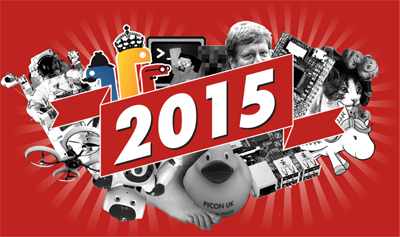Super Science Programming at PyCon UK 2015
 By Sarah Mount (Institute Fellow 2015) and Nicholas Tollervoy, both PyCon UK organisers.
By Sarah Mount (Institute Fellow 2015) and Nicholas Tollervoy, both PyCon UK organisers.
Today, researchers in the sciences, humanities and arts, all use code as an everyday part of their work. Often such code is written using the popular Python programming language. Thanks to generous funding from the Software Sustainability Institute, PyCon UK will have a track for scientists and other researchers who want to improve their coding skills, learn from colleagues, and discover new ways in which Python and its community can support their work.
The Science track will run from Saturday 19 - Monday 21 September 2015, in Coventry.
We welcome researchers from all disciplines and at all levels of coding expertise. and offer three days of learning, collaboration and fun! Our conference regularly attracts more than 300 Python programmers from around the UK, Europe and the world. It’s a perfect opportunity to meet other scientists using Python and collaborate with professional programmers. We’re a diverse bunch: our ranks include many different types of programmer, from secondary school teachers and web developers to embedded systems engineers and Python core developers. You won’t find a better place to stimulate your programming skills!
We also have a keynote from Simon Sheridan, who has developed the gas handling and processing system for the Ptolemy instrument aboard the Rosetta space mission to comet Churyumov-Gerasimenko ('67P').
In addition to the tutorials, presentations and social activities we will be running a collaborative open-science sprint where you turn your existing scripts or workflows into reproducible open science with the help of the wider Python community! We are fortunate to be joined by Overleaf who run a collaborative cloud service for LaTeX users. Overleaf have a handy push-to-submit service for a number of Open Access journals and open science services, such as F1000, Figshare, PeerJ, arXiv and Scientific Data. Any software or documentation you produce during the open science sprint can be given a DOI and easily shared with your research community.
What next?
Register, ask your employer to sponsor us or, for more information, contact Sarah Mount.
